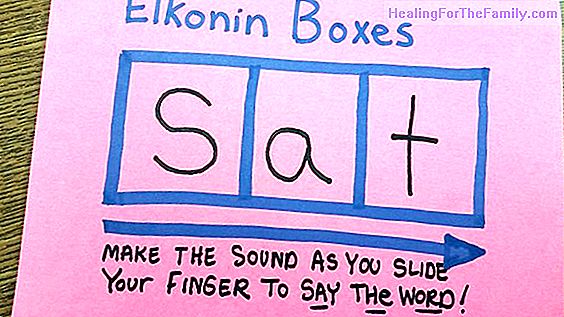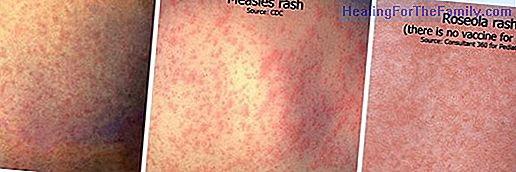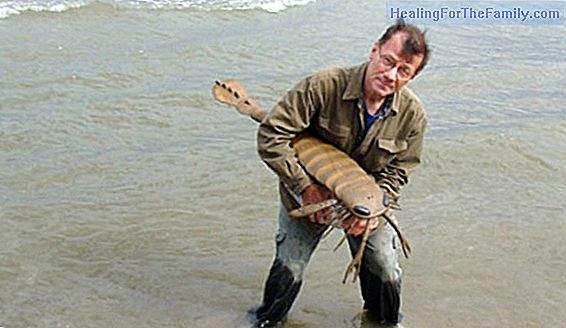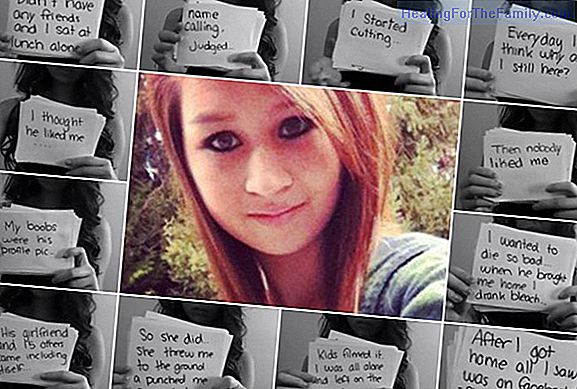The best treatment for fatigue in children with cancer
The side effects of chemotherapy and radiation therapy depend on the patient and the dose, but one of the most limiting effects for them is fatigue in children with cancer. It is very common to hear adolescents and children with cancer say that they feel tired, fatigued, without the will or strength
The side effects of chemotherapy and radiation therapy depend on the patient and the dose, but one of the most limiting effects for them is fatigue in children with cancer. It is very common to hear adolescents and children with cancer say that they feel tired, fatigued, without the will or strength to do anything. When healthy people have that feeling, we solve it with a correct diet and with the necessary hours of rest, but in cancer patients it is not like that.
Why treatments for cancer in children cause fatigue
Dimeo observed in his study that 70% of cancer patients suffer from fatigue during chemotherapy and radiotherapy treatment, as well as 30% of survivors keep it years after treatment.
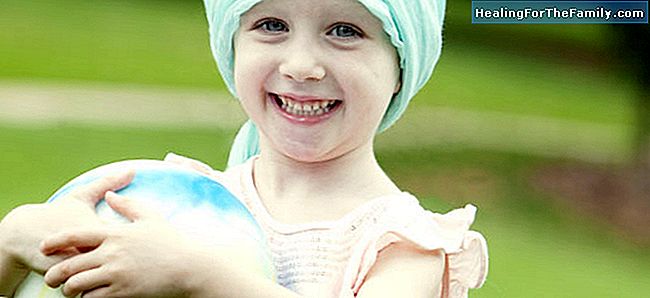
Doctors are trying to learn more about why treatments cause fatigue. Some studies show that it is due to:
- Need for additional energy to repair and heal damaged body tissue by treatment.
- Accumulation of the toxic substances that remain in the body after the treatment destroys the cancer cells.
- Changes in the sleep and wake cycle.
What is this fatigue associated with cancer?
It is a multifactorial phenomenon, consisting of a subjective feeling of fatigue, in which we find various psychosocial factors (emotional disorders related to the state of health) and physiological (side effects of treatment such as anemia, nutritional and hydration imbalances, disorders of sleep, effects of damaged tissues and toxicity in certain organs). All this leads to children with cancer and adolescents do not want to move,
favoring the development of muscle atrophy with the corresponding loss of strength, known as sarcopenia. Treatment against fatigue in children with cancer
If we add each one of these factors, effects of treatment + illness + lack of training (not doing physical activity), it leads us to a vicious circle that favors the increase of this fatigue, but how can we see in the drawing (of a publication by Alejandro Lucía), the way to break it is through training.
Adapted from Lucía et al. Lancet Oncol. 2003 Oct; 4 (10): 616-25.
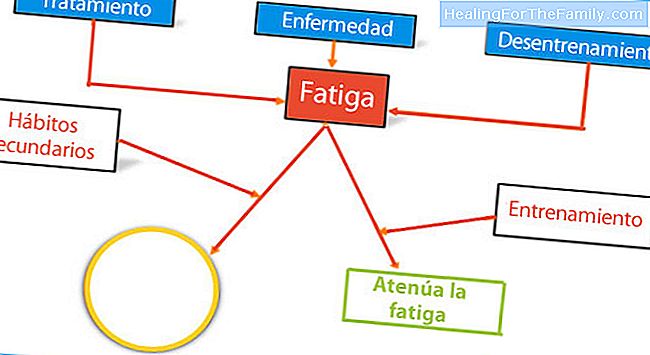
Several studies have shown the effect of exercise to alleviate fatigue.
That is why it is increasingly common for physicians to recommend moderate physical activity of 3 to 5 hours per week to help improve fatigue related to cancer, but always done with an exercise professional.


